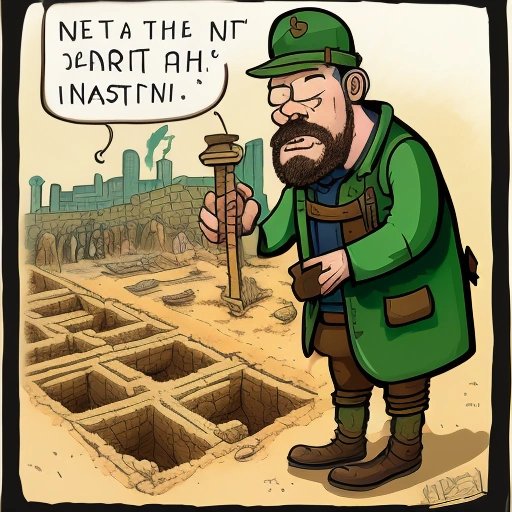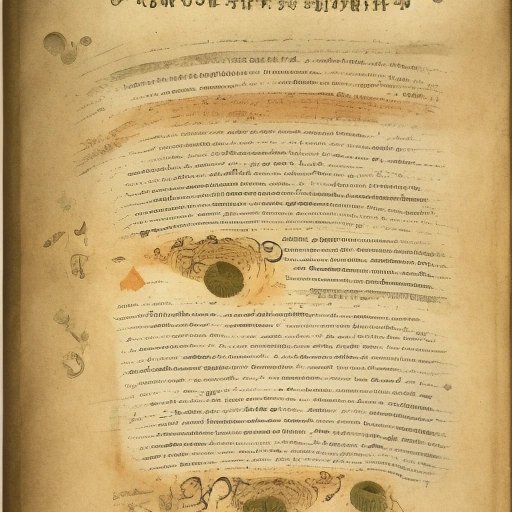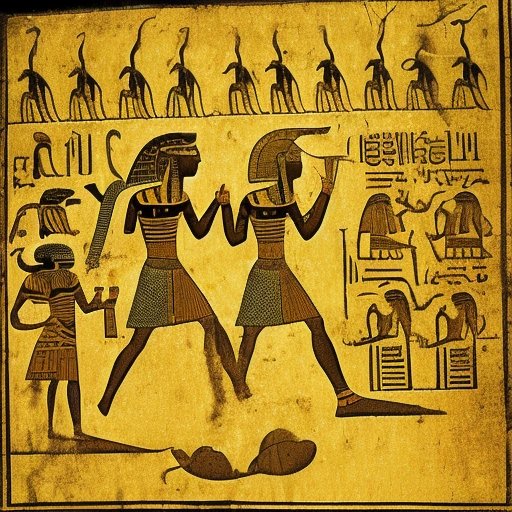In a breakthrough that has archaeologists and comedians alike rolling on the floor, a team of dedicated (and undeniably gassy) scientists recently revealed a fabled treasure trove of ancient fart jokes tucked away beneath the bustling streets of Boston. This noxious discovery has shaken the world, uncovering never-before-seen examples of humor from a time when whoopee cushions reigned supreme.
The collection, unofficially dubbed the "Fartchive" by chuckling researchers, spans numerous scrolls and stone tablets showcasing an intoxicating blend of sophisticated wit and methane-themed humor. Each piece of this comedic puzzle reeks of historical value and hints at the irreverent nature of our ancestors.
Dr. Albert Toot, lead scientist and esteemed fartologist, said at a press conference Monday: "This discovery not only highlights the pervasive nature of scatological humor through the ages but also provides a fascinating insight into early society and human nature in general." Teary-eyed from laughing and a potential chemical imbalance, he added, "We've only just scratched the surface of this comedic goldmine, and already our sides hurt."
Critics argue that this revelation is far from refined, but this hasn't stopped the flood of interest from historians and comedy aficionados alike. "Give me a good fart joke any day of the week," mused one comic, "and I'm pretty sure our ancestors would say the same."
Adding to the impact of this discovery are the apparent origins of these humor relics, dating from various time periods and civilizations. From what researchers can glean, fart jokes have apparently transcended cultural barriers and left their gaseous mark on history.
Some of the more notable examples translated so far include a Medieval European jest comparing flatulence to the plights of the nobility, and an ancient Roman comic strip featuring a gladiator who triumphs in battle only to fall victim to an ill-timed bout of flatulence. In addition, a caveman-era doodle showcases prehistoric wildlife masking their scents with fumes of their own creation.
To further illustrate the broad reach of this humor, the team discovered an Egyptian hieroglyph involving the mighty Pharaoh and his ceremonious "wind release." It appears that these pungent punchlines permeated the cultures of the past just as they do today.
The question on everyone's mind now is: what does the unearthing of these flatulent bits of humor tell us about ancient society and our development as a species?
Well, for starters, it proves that our forebearers had a remarkable ability to recognize the comedic potential in everyday bodily functions, thereby breaking the ice and solidifying their relationships with one another. Moreover, it underscores the universality of humor and its power to unite people across time and space.
"We tend to view our ancestors as stoic people, imbued with a certain gravitas," explained Toot. "Yet, they too embraced the humor of bodily functions. It's a comforting thought to know that they were just as mischievous and cheeky as we are today."
With this history-altering gas attack finally seeing the light of day, we can't help but wonder what other comedic secrets lie beneath the Earth, waiting to be discovered. For now, though, we hold our noses, laugh, and appreciate the timelessness of a good fart joke.
Just one whiff of this groundbreaking find leaves us caught between laughter and revulsion, but in the end, it serves as a reminder that some things truly never change. And as the age-old adage goes, "He who smelt it, dealt it...throughout history!"



